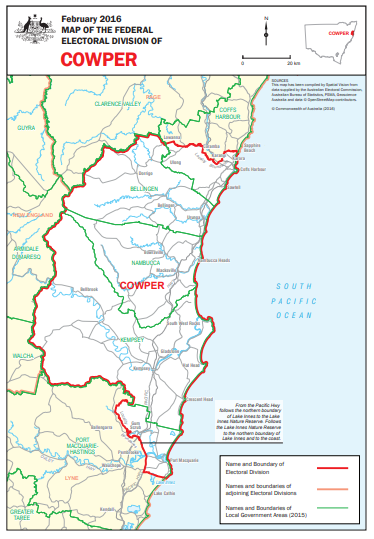|
|
|
|
| Adam Carr's Election Archive
|
Australian federal election, 2022
Division of Cowper, New South Wales
Named for: Hon Sir Charles Cowper (1807-75), NSW MP 1843-50, 1851-67,
1869-70, Premier 1856, 1857-59, 1861-63, 1865-66, 1870
Northern New South Wales: Coffs Harbour, Dorrigo, Kempsey, Nambucca Heads, Port Macquarie
State seats: Parts of
Coffs Harbour,
Oxley and
Port Macquarie
Local government areas: All of
Bellingen,
Kempsey and
Nambucca Valley, parts of
Coffs Harbour and
Port Macquarie-Hastings
Borders with:
Lyne,
New England and
Page
Enrolment at 2019 election: 124,507
Enrolment at 2022 election: 129,887 (+04.3)
1999 republic referendum: No 60.6
2018 same-sex marriage survey: Yes 60.0
Sitting member: Pat Conaghan (Nationals):
Elected 2019
2007 Nationals majority over Labor: 1.2%
2010 Nationals majority over Labor: 9.3%
2013 Nationals majority over Labor: 11.7%
2016 Nationals majority over Independent: 4.6%
2019 Nationals majority over Independent: 6.8%
2019 notional Nationals majority over Labor: 11.9%
Nationals two-party vote 1983-2019
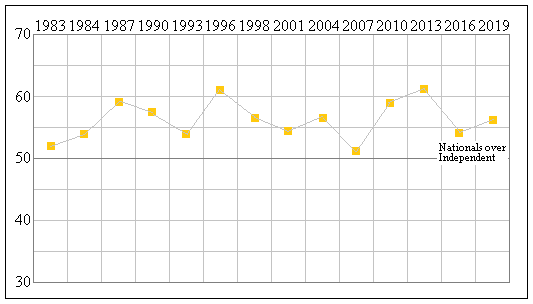
Status: Marginal Nationals versus Independent
Status: Fairly safe Nationals versus Labor
Best Nationals booths, two-candidate vote: Warrell Creek (75.9), Aldavilla (70.3), Gladstone (69.6),
Frederickton (68.4), Macksville (68.1)
Best Independent booths, two-candidate vote: Bellingen North (73.1), Bellingen (72.1), Gleniffer (66.5),
Thora (66.4), Repton (61.3)
2019 results
Statistics and history
Candidates in ballot-paper order:
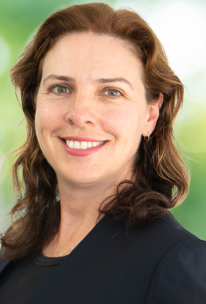 |
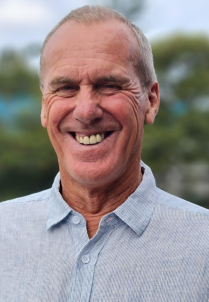 |
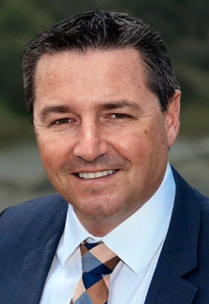 |
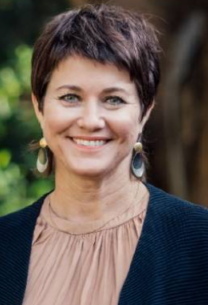 |
1. Faye Aspiotis
Pauline Hanson's One Nation |
2. Keith McMullen
Australian Labor Party |
3. Pat Conaghan
The Nationals |
4. Caz Heise
Voices of Cowper |
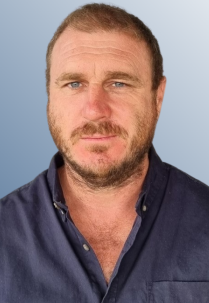 |
 |
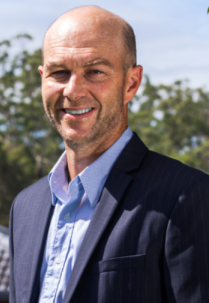 |
5. Simon Chaseling
Liberal Democrats |
6. Joshua Fairhall
United Australia Party |
7. Timothy Nott
Australian Greens |
Candidate websites:
Faye Aspiotis
Simon Chaseling
Pat Conaghan
Joshua Fairhall
Carolyn Heise
Keith McMullen
Timothy Nott
Division of Cowper
Cowper has existed since Federation, at one time occupying virtually the whole North Coast of NSW, which in the early
years of the Commonwealth was a remote and thinly settled area. Since 1949 it has been steadily cut back as the North
Coast has grown rapidly, so that it now comprises little more than the tourism and retirement centres of Coffs Harbour
and Port Macquarie and a few adjacent rural areas: once one of the most rural seats in Australia, it now has only 4.9%
of its workforce engaged in agriculture, while 8.5% work in tourism.
Cowper's large retired population means it has the 4th highest proportion of over-65s of any electorate, and this
combined with its rural element give it the 7th lowest median family income level of any electorate. Like most regional seats
Cowper is very monocultural, with no large ethnic or religious minorities.
 The Nationals majority in Cowper is seldom very large, but both Coffs Harbour and Port Macquarie are fairly reliable for them.
Labor support comes from some coastal towns, hippy colonies and small saw-milling towns.
The Nationals majority in Cowper is seldom very large, but both Coffs Harbour and Port Macquarie are fairly reliable for them.
Labor support comes from some coastal towns, hippy colonies and small saw-milling towns.
Cowper was one of the birthplaces of the Country Party.
Sir Earle Page, leader of the party from 1921 to 1939 and
briefly Prime Minister in 1939, was member for Cowper from 1919 to 1961. His defeat in 1961 was one of the great
upsets of Australian electoral history. After the Country Party regained the seat in 1963, it was held for 56 years
by three backbenchers,
Ian Robinson,
Garry Nehl and
Luke Hartsuyker.
Paul Conaghan, Nationals MP for Cowper since 2019, was a Port Macquarie solicitor before entering politics. He was born in Kempsey and
was previously a police officer and public prosecutor in Sydney, and a member of North Sydney Council. His main opponent in 2019 was
the former independent MP
Rob Oakeshott. Having seen off this challenge, he should now be
fairly secure in a seat his party has held since 1963. The Labor candidate is Keith McMullen, a teacher and writer.
The Greens candidate is Timothy Nott, an environmental scientist.
Demographics:
Median weekly household income: $1,000 (Australia $1,438)
People over 65: 24.8% (Australia 15.8%)
Indigenous: 6.1% (Australia 2.8%)
Australian born: 80.2% (Australia 66.7%)
Non-English-speaking households: 5.7% (Australia 22.2%)
Catholics 21.3% (Australia 22.6%)
No religion 28.6% (Australia 29.6%)
University graduates: 13.3% (Australia 22.0%)
Professional and managerial employment: 30.5% (Australia 35.2%)
Employed in manufacturing and construction: 24.0% (Australia 22.9%)
Employed in agriculture: 4.9% (Australia 3.3%)
Paying a mortgage: 26.1% (Australia 34.5%)
Renting: 29.6% (Australia 30.9%)
Traditional families: 22.9% (Australia 32.8%)
Back to main page
| |
 The Nationals majority in Cowper is seldom very large, but both Coffs Harbour and Port Macquarie are fairly reliable for them.
Labor support comes from some coastal towns, hippy colonies and small saw-milling towns.
The Nationals majority in Cowper is seldom very large, but both Coffs Harbour and Port Macquarie are fairly reliable for them.
Labor support comes from some coastal towns, hippy colonies and small saw-milling towns. 
